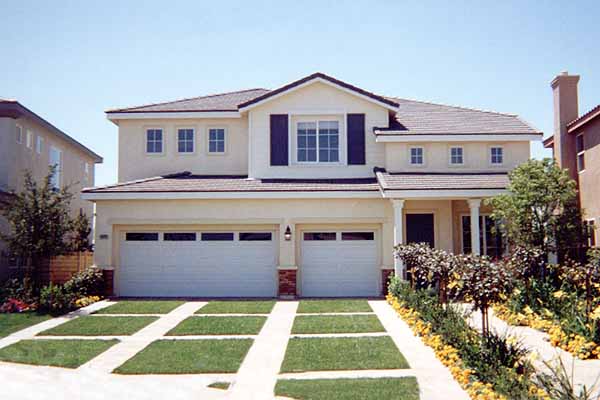ZONE
Zoning in Real Estate: Shaping Communities and Land Use
Introduction:
Defining Zoning in Real Estate:
Zoning is a regulatory tool employed by local governments to manage land use and development within their jurisdictions. Through zoning ordinances, areas are designated into specific zones, each with its own set of permitted uses, restrictions, and conditions. The primary goal is to ensure orderly development, protect property values, and maintain a balance between different types of land uses.
Key Components of Zoning:
Zoning Districts:
Zoning ordinances establish various zoning districts or zones, each with a specific purpose and set of regulations. Common zoning districts include residential, commercial, industrial, and mixed-use.
Permitted Uses:
Zoning regulations dictate the types of uses allowed within each zoning district. For example, residential zones may permit single-family homes, while commercial zones may allow retail and business activities.
Building Density and Height:
Zoning controls the density and height of structures within each district. This helps maintain a cohesive aesthetic and ensures that developments align with the character of the neighborhood.
Setback Requirements:
Setback requirements define the minimum distance a structure must be set back from the property line. This influences the overall layout of buildings and contributes to the open space around structures.
Landscaping and Open Space:
Zoning ordinances often include provisions for landscaping and open space requirements. These elements contribute to the aesthetic appeal of neighborhoods and enhance the quality of life for residents.
Significance of Zoning in Real Estate:
Land Use Planning:
Zoning serves as a crucial tool for land use planning, enabling local governments to allocate space for residential, commercial, and industrial activities strategically. This helps prevent haphazard development and promotes orderly growth.
Property Values and Aesthetics:
Zoning regulations contribute to maintaining property values by ensuring that developments are harmonious with their surroundings. Consistent aesthetics within a zone create a cohesive and visually appealing community.
Quality of Life:
Zoning influences the quality of life for residents by regulating factors such as noise levels, traffic flow, and access to amenities. Residential zones, for example, may prioritize quiet and safe environments for families.
Quality of Life:
Zoning influences the quality of life for residents by regulating factors such as noise levels, traffic flow, and access to amenities. Residential zones, for example, may prioritize quiet and safe environments for families.
Economic Development:
Commercial and industrial zones contribute to economic development by providing spaces for businesses to thrive. Zoning can incentivize certain types of economic activities or attract specific industries to designated areas.
Environmental Considerations:
Zoning ordinances may include provisions for environmental conservation, such as wetland protection or green space requirements. This helps balance development with environmental sustainability.
Navigating Zoning Regulations:
Understanding Local Zoning Codes:
Property owners, developers, and real estate professionals should familiarize themselves with local zoning codes to understand the regulations applicable to specific properties.
Engaging with Zoning Authorities:
When planning developments, it is advisable to engage with local zoning authorities to seek clarification, approvals, or variances based on project requirements.
Community Involvement:
Residents and community members can participate in zoning discussions and public hearings to voice their opinions on proposed changes or developments. This ensures that zoning decisions align with community interests.
Conclusion:
Zoning is a cornerstone of effective urban and suburban planning, providing a framework for harmonious and sustainable land use. In the dynamic world of real estate, understanding and respecting zoning regulations is essential for developers, homeowners, and communities alike. As localities evolve, zoning will continue to play a vital role in shaping the physical and social fabric of neighborhoods, contributing to the creation of vibrant and well-balanced communities.
MORE REAL ESTATE TERMS
A, B, C, D, E, F, G, H, I, J, K, L, M, N, O, P, Q, R, S, T, U, V, W, X, Y, Z
Featured New Home

Featured Mortgage Brokers
- BANK OF ENGLAND, OLD SAYBROOK, CT
44 POND RD
OLD SAYBROOK, CT 6475 - PRIMELENDING A PLAINSCAPITAL COMPANY, MELVILLE, NY
200 BROADHOLLOW RD STE 207
MELVILLE, NY 11747 - ADVISORS MORTGAGE GROUP LLC, TURNERSVILLE, NJ
4991 BLACK HORSE PIKE
TURNERSVILLE, NJ 8012 - UNION MORTGAGE GROUP, INC., GREENBELT, MD
7501 GREENWAY CENTER DR
GREENBELT, MD 20770 - TOP FLITE FINANCIAL INC, FORT LAUDERDALE, FL
33 NE 2ND ST STE 100
FORT LAUDERDALE, FL 33301